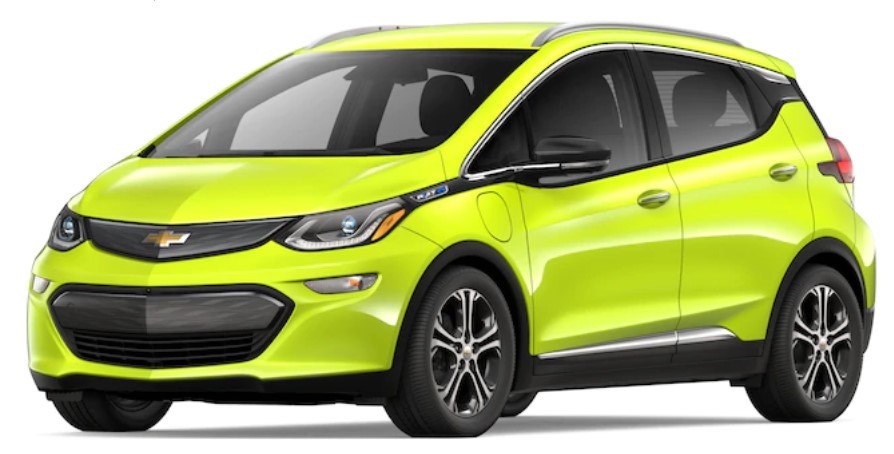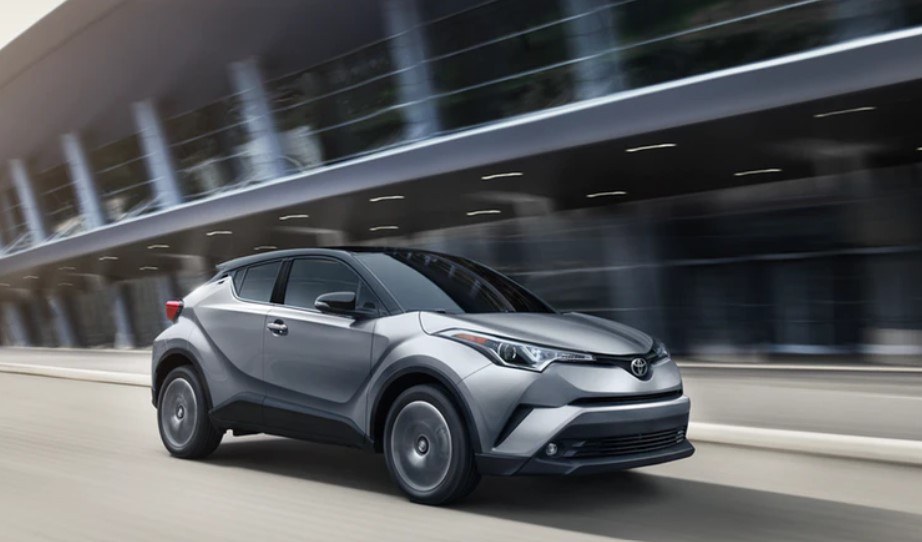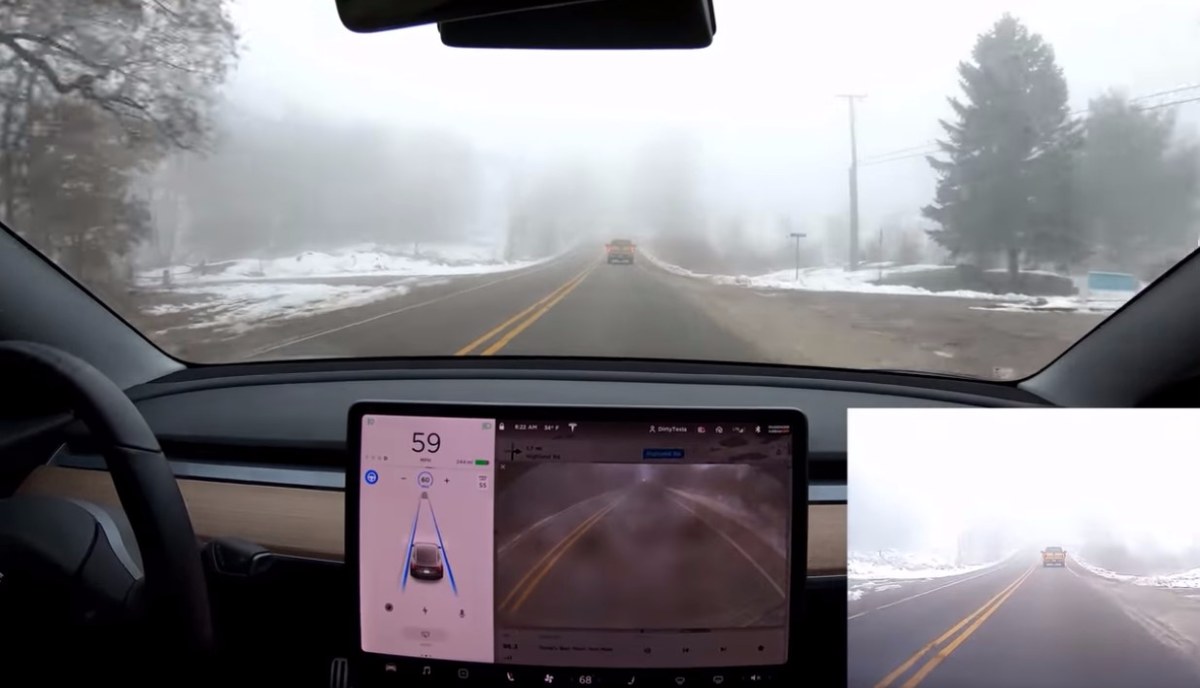Toyota, Fiat Chrysler, And Chevy, the automakers that constitute almost 30% of total vehicle sales in America, have decided to side with the Trump administration over emissions laws.
The latest move came amidst a tussle between the State of California and the United States Federal government over emissions standards.
California wants a stricter vehicle emissions law that limits the release of harmful pollutants and increases the fuel economy of ICE vehicles to 56-miles gallons.
This emission standard is in line with the Obama era law that prioritized that ICE cars be more efficient and cause less pollution. This law could also help eliminate 6 billion tons of carbon dioxide over the course of a vehicle’s lifetime.
The Trump administration wants to roll back these changes and bring the set fuel economy down to 37-miles per gallon. This move, according to the automakers that joined him, will help them with the cost of manufacturing and maintain their position in a competitive market.
Chief executive of the Automakers Association, John Bozella, wants both the State of California and the Trump administration to reach a middle ground.
However, if things don’t come to a resolution, the auto industry has always recognized the federal government as the sole body authorized to set emission laws, according to Bozella.
Other manufacturers like Ford, Mercedes, Volvo, Honda, and Volkswagen have decided to adopt the emission standards set forward by the California Air Resources Board (CARB).
Under the Clean Air Act, California has the authority to set its own emissions laws. Donald Trump seeks to challenge this in court.
The three manufacturers also plan to release an electric car in the near future. Will their EVs see the light of success if buyers are aware that the company is polluting the environment?
The Future of Toyota, Fiat Chrysler, And Chevy Electric Cars In Jeopardy

During an interview with Autocar UK, Fiat’s CEO said: “We need more electric cars” by further belittling the importance of sports or premium cars. According to him, easy to own and cheap electric cars like the electric version of Fiat Panda and the 500, is the solution.
Chevy, on the other hand, has had a successful run with its Bolt electric car. The electric car saw an increase in sales figures from last year and the Bolt’s 2020 version is ambitious enough to target the Tesla Model 3, due to its slightly higher battery range.
Toyota currently has no serious electric cars in the works, except the CHR electric SUV and a small electric car. However, in an official press release, they did talk about the success of their hybrid vehicles in Europe and how they plan to sell millions of electric vehicles worldwide.
All these promises seem to hold little to no weight when these automakers take the short-sighted decision of abandoning emission laws.
Lashing out on Twitter, Scott Weiner, California State Senator, sarcastically said: “Toyota, GM, and Chrysler have great timing: moving to overturn California’s auto emission standards as our state burns due to climate change and the irresponsible policies that fuel it.”
Lashing out at these automakers, Ioannis Ioannou, a professor at the London Business School, said: “This is a monumental failure of leadership; to side with a government that has been the enemy of the environment since day one is truly pathetic.”
The general reaction from the public and the owners of the cars made by these companies is that they are highly disappointed. Most people are outright declaring that they’d never buy another vehicle from these automakers again.
Who Will Prevail?
The latest decision from Toyota, Fiat-Chrysler, and Chevy will likely damage sales of their upcoming electric cars and hybrid vehicles in the near future. This will further help brands like Tesla, Rivian, and Bollinger, all of whom are offering competitive electric cars in the US.
The Tesla Model Y will especially see a surge in popularity due to the decision taken by these automakers.
In 2019, you can’t call yourself a progressive automaker simply by selling electric cars. Toyota and others should learn from Volvo, which recently pledged to completely focus on electric cars.
During the launch of the Volvo XC-40 electric SUV, the automaker said, “We want to shift to electric because it is good for business.” A piece of important advice that Toyota, Fiat-Chrysler, and Chevy don’t seem to understand.










